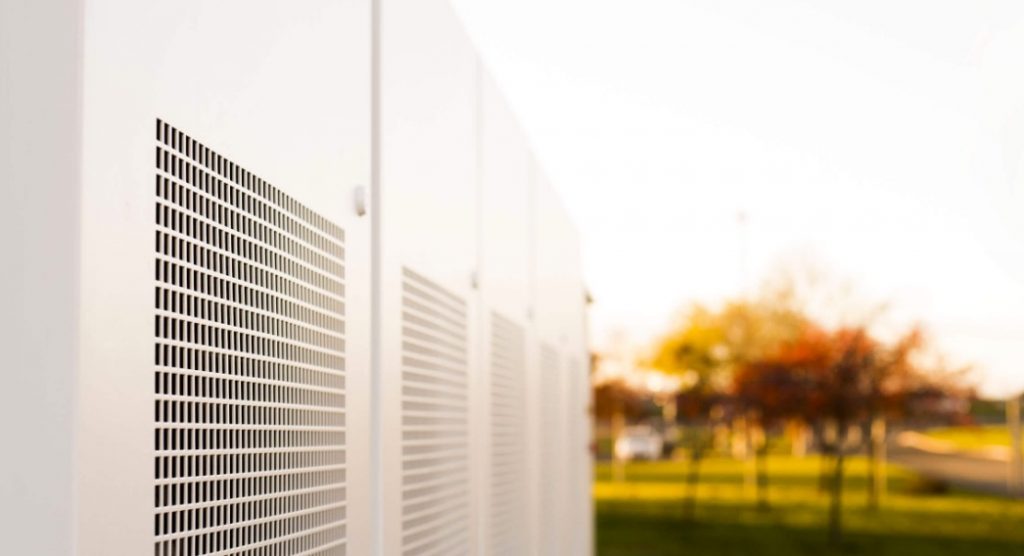As businesses face increasing energy demands and rising utility costs, finding efficient and sustainable energy solutions has become crucial. Commercial batteries, particularly advanced systems like the Growatt 200kWh APX Commercial LiFePO4 Battery, are emerging as a strategic investment for managing energy costs and improving operational efficiency. This blog explores the return on investment (ROI) and cost savings associated with commercial batteries, offering a compelling case for their integration into business operations.

Understanding the Financial Impact of Commercial Batteries
1. Immediate Cost Reductions: Commercial batteries help reduce energy costs by storing electricity when rates are low (typically during off-peak hours) and releasing it during peak hours when rates are high. This practice, known as peak shaving, can significantly lower monthly energy bills by reducing the amount of high-cost energy consumed from the grid.
2. Enhanced ROI through Demand Charge Reduction: Demand charges are a substantial part of commercial electricity bills, calculated based on the highest rate of electricity usage during a billing period. By using stored energy to offset periods of high power demand, commercial batteries can lower these demand charges, thus enhancing the overall ROI.
3. Incentives and Tax Benefits: Many regions offer incentives for businesses that install energy storage systems. These can include tax credits, rebates, and grants that directly reduce the upfront cost of battery installation. For instance, tax incentives can offset the purchase and installation costs by 30% or more, accelerating the payback period.
4. Increased Energy Reliability and Security: Commercial batteries provide a reliable backup power source, minimizing downtime and potential revenue loss during power outages. The ability to maintain operations during interruptions can be invaluable, especially for industries where continuous power is critical.
Long-Term Savings and Operational Benefits
5. Extending the Life of Existing Equipment: By smoothing out power fluctuations and providing consistent energy flow, commercial batteries can help extend the lifespan of operational equipment. This reduces maintenance costs and delays the capital expenditures associated with equipment replacement.
6. Supporting Renewable Integration: Commercial batteries are essential for businesses using renewable energy sources, such as solar or wind. Batteries store excess energy generated during peak production times, which can be used later when production is low, maximizing the use of generated renewable energy and increasing savings on energy costs.
7. Future-Proofing Energy Needs: As energy prices continue to fluctuate and the shift towards renewable energy accelerates, having a commercial battery system in place ensures businesses can adapt to changes more effectively. This strategic foresight not only leads to direct energy cost savings but also positions a company as a sustainable leader in its industry.
Spotlight on a Solution: Growatt 200kWh APX Commercial LiFePO4 Battery
To contextualize the economic benefits of commercial batteries, consider the Growatt 200kWh APX Commercial LiFePO4 Battery. Designed for high-capacity storage and efficiency, this battery is ideal for businesses looking to significantly reduce energy costs and improve their energy independence. Its high durability and capacity for frequent charging and discharging make it an optimal investment for any business aiming to maximize their energy ROI.
Conclusion
The economic rationale for integrating commercial batteries into business operations is strong, given the substantial ROI and cost savings they offer. As technology advances and costs continue to decrease, the case for commercial batteries becomes even more compelling. For businesses with high energy demands, systems like the Growatt 200kWh APX Commercial LiFePO4 Battery not only offer immediate financial benefits but also contribute to long-term operational efficiencies and sustainability goals.




